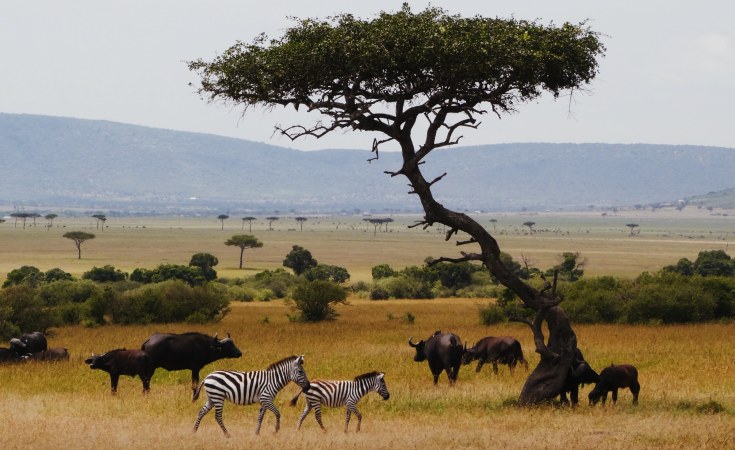The Division is responsible for development, coordination and execution of wildlife research programs and policies. In order to effectively perform its functions, the Research Division is organized into 5 departments and 4 Field Research Centres.
The Department is responsible for coordinating and undertaking research and monitoring of wildlife and their habitats in order to generate information needed to guide decision making and policy on wildlife conservation and management in Kenya.
The Department is responsible for coordinating and undertaking disease surveillance and veterinary research in order to safeguard wildlife, livestock and Public Health through prevention, early detection, identification and management of wildlife diseases. It will also be responsible for establishing and operating veterinary, forensic and genetics laboratories to facilitate disease surveillance and research and to employ genetics and forensic tools to enhance understanding of wildlife populations and prosecution of wildlife crimes.
The Department is responsible for provision of technical advice on intellectual property rights, bioprospecting research, advising on access and benefit sharing instruments, monitoring on utilization of genetic resources, and establishing and managing ex situ collections of wild flora and fauna among other.
The Department is responsible for coordinating collection and collation of wildlife spatial data and information capture, its classification and qualification, its storage, processing, portrayal and dissemination, including establishing and maintaining the infrastructure necessary to secure optimal use of this information.
The Department is responsible for providing an array of services that seek to address both the Institute’s and stakeholders’ needs geared towards the realization of the four (4) pillars of the National Wildlife Conservation Strategy 2030.

